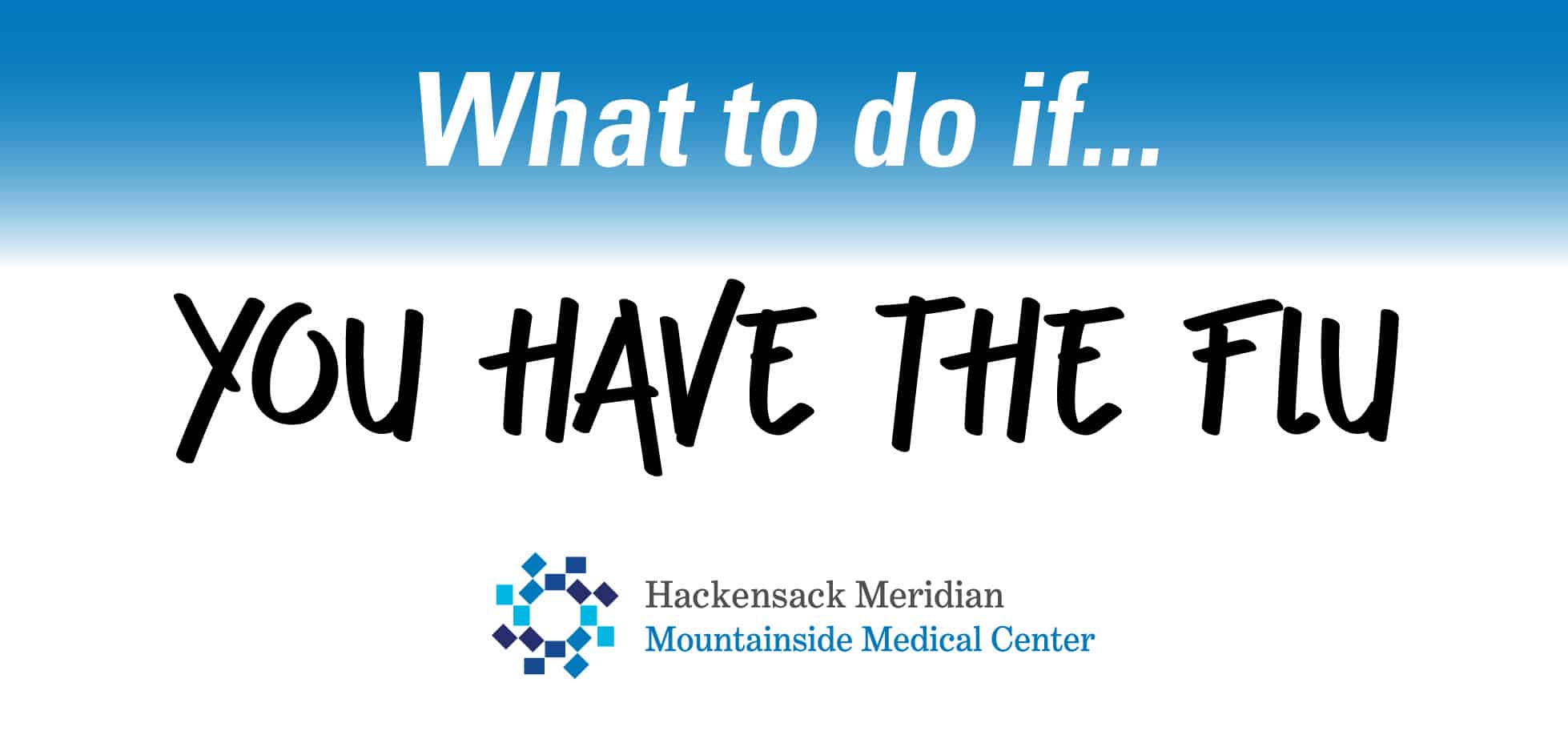Many people believe flu season only lasts a few months, but it can stretch through seven months of the year. Learn tips on what to do if you think you may have the flu.
What are symptoms of the flu?
– Fever of 100.4 degrees Fahrenheit or higher
– Chills
– Cough
– Sore throat
– Muscle aches
– Headache
– Fatigue
What to do if you think you have the flu:
– Stay home. Avoid contact with other people as much as possible in order to prevent your illness from spreading
– Rest. This allows your body to fight the virus
– Drink lots of fluids
– Wash your hands often with soap and water
– Most people are sick with the flu for two to five days and get better without medical intervention
– Flu can be treated with a prescription antiviral medication. These medications are most effective if taken within two days of your initial symptoms
– Stay home for at least 24 hours after your fever is gone, except to get medical care
What to do if you are high risk:
High risk groups include people 65 and older, pregnant women, children under 5 (especially infants) and immunocompromised people are considered high risk.
– Monitor your symptoms closely
– See a doctor if you have shortness of breath, trouble breathing, confusion, sudden dizziness, vomiting, diarrhea or fever of 104 degrees Fahrenheit that can’t be controlled by fever-reducing medicine
– Infants are at particularly high risk, so call a doctor immediately if their fever is 100.4 degrees Fahrenheit or higher
What you need to know about the flu:
– The flu, also known as influenza, is a contagious respiratory disease most often spread from person to person through cough or sneeze
– Flu season typically peaks between December and February, but can begin as early as October and last into May
– Anyone can get the flu, but immunocompromised people may be at higher risk of serious complications
– Yearly flu shots are the best tool to protect you and your family.
If you or your family have cold and flu symptoms, visit Mountainside Immedicenter open 7 days a week in Clifton.

